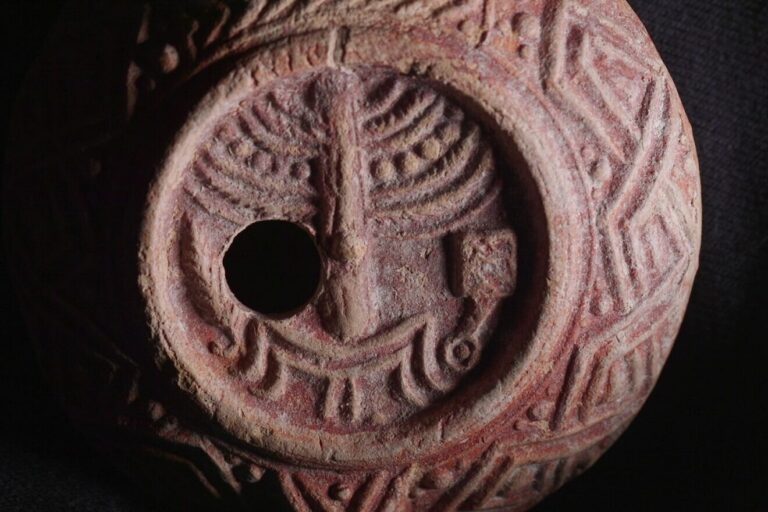Maintaining clean and breathable air is crucial for our health and well-being, especially when it comes to indoor air quality. Air filters are an essential component of HVAC systems and work to capture harmful particles and allergens, such as dust, pet dander, and pollen. However, when air filters become clogged or dirty, they can pose a significant threat to indoor air quality and our health.
In this blog post, we’ll discuss the dangers of dirty air filters and provide valuable tips on how to maintain your indoor air quality. From replacing filters regularly to improving ventilation, we’ll cover all aspects of air filter maintenance to ensure that you and your loved ones breathe fresh, clean air effortlessly.
1. Regularly change air filters
Regardless if your HVAC uses a 20 x 20 x 4 air filter or any other standard size, they should be replaced regularly. Over time, these filters become clogged with dirt and debris, reducing their efficiency and preventing them from effectively capturing pollutants. Dirty air filters can not only worsen indoor air quality, but they can also cause your HVAC system to work harder to deliver clean air, resulting in higher energy bills. It is recommended to check your air filters every month and replace them every 90 days, but be sure to inspect them more frequently if you have pets or allergies, or if your home is in a dusty environment.
2. Use high-efficiency filters
High-efficiency filters are designed to trap a greater percentage of indoor air pollutants, including bacteria, viruses, mold spores, and other allergens. These filters are usually more efficient than standard filters, removing particles down to 1 micron in size. By using high-efficiency filters, you can help prevent respiratory problems and ensure that your indoor air quality is as healthy and breathable as possible.
3. Clean air ducts and vents
Dirty air ducts and vents can also result in reduced system efficiency, and even health problems. That’s why it’s important to schedule regular air duct and vent cleaning with a qualified professional. They will use specialized tools and techniques to thoroughly clean and disinfect the interior of your HVAC system, removing any harmful contaminants and ensuring that your air is clean and healthy.
4. Keep your home well-ventilated
Proper ventilation helps to reduce indoor air pollution, such as toxic fumes and dust particles and ensures that the air you breathe is clean and healthy. To achieve proper ventilation, it is recommended to open windows and doors whenever possible and to use exhaust fans when cooking, showering, or doing any activity that releases pollutants into the air. By keeping your home well-ventilated, you can significantly improve your indoor air quality and safeguard your health.
5. Invest in an air purifier
An air purifier can help to remove harmful particles and allergens from the air, making it safer and cleaner to breathe. When choosing an air purifier, look for one that has a high-efficiency particulate air (HEPA) filter. HEPA filters are designed to trap even the tiniest particles and can remove up to 99.97% of airborne particles. Additionally, some air purifiers come with activated carbon filters that help to remove odors and chemicals from the air.
In conclusion, maintaining good indoor air quality is essential for our health and well-being. Regularly changing air filters, controlling humidity levels, and reducing or eliminating sources of pollution can significantly improve indoor air quality in our homes or workplaces. By following the tips and strategies mentioned in this post, we can reduce the risk of respiratory problems, allergies, and other health issues caused by dirty air filters and poor air quality. It’s important to prioritize our indoor air quality and take proactive steps to keep our indoor environments clean and healthy.










